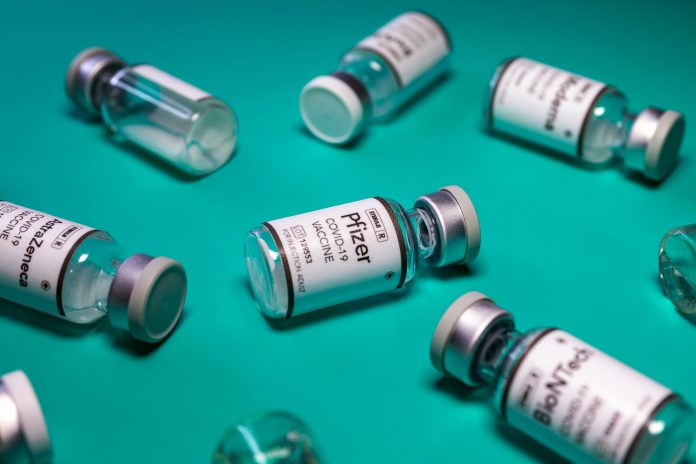The G7 meetings produced a new donation of 870 million COVID vaccines to struggling countries, with no progress on a waiver for vaccine patents
The G7 summit in Cornwall drew the eyes of the globe, as two key policy points were discussed. The first was a vague, new goal on climate change figures, while the second was how to get COVID vaccines to poorer countries.
The leaders agreed collectively to donate a further 870 million doses of COVID vaccine to countries which are nowhere near full vaccination, with some yet to begin. This amount is being described as ‘over one billion’ by the UK Government, but in reality amounts to 7.9% of the urgently needed doses across the globe.
It would take 11 billion vaccines to bring all countries in the globe up to 70% vaccinated, at which point the virus could technically be classified as contained. This percentage is necessary to stop further deaths and mutations.
Dr Ghebreyesus, speaking at the G7 conference, said: “many other countries are now facing a surge in cases — and they are facing it without vaccines.”
How long would it take to vaccinate the world?
A study found that poorer countries won’t be able to begin their vaccination until 2023.
Author S. Patrick Kachur, MD, professor of population and family health at Columbia Mailman School, commented: “As the world confronts one of the most formidable public health challenges in recent history, how we respond today will not only determine the course of this pandemic, but also who benefits from public health advances for years to come.”
The problem is how long it will take to get the world to this point – giving mutations space and time to thrive. The Delta variant, originating in India, is a good example of how the virus can become even more transmissible in the absence of strong population vaccination rates.
In early May, 2021, the US voiced support for the TRIPS agreement waiver – after being staunchly against it for a few months.
In response, President von der Leyen made a speech that suggested the EU was open to negotiation but preferred to oppose the change. Speaking at European University Institute, she said: “In the short run, however, we call upon all vaccine producing countries to allow exports and to avoid measures that disrupt supply chains.”
What is the TRIPS agreement?
Though this sounds like an obscure law with little day-to-day impact, this is the intellectual property law that currently stops some countries from manufacturing a generic version of the COVID vaccine. In Bangladesh for instance, factories stand ready and empty to create doses. The only thing missing is permission – without which, the country would receive a hefty legal action from pharmaceutical companies which own the original vaccine recipes.
The TRIPS agreement waiver was proposed by South Africa, India and is supported by a further 100 countries. The waiver suggests that legal limits on pharmaceutical production are lifted for the duration of the pandemic, enabling all countries with manufacturing capacity to treat their populations before excessive hospitalisations and deaths.
Which G7 countries support the vaccine patents?
Germany and the UK remain opposed to the patent waiver, while Japan and Canada remain ambiguous. France recently declared support for the changed law just before the G7 summit, while the US remains supportive if the patent law change only impacts vaccines and nothing else.
Currently, the COVAX scheme aims to create vaccine access equality by donating to those struggling countries. However, the scheme lacks enough actual vaccines to get this done. Recently, the scheme even approved the Sinovac vaccine for donation use – a vaccine which is performing at just above 50% efficacy.
Dr Tedros Ghebreyesus, World Health Organisation (WHO), commented: “To vaccinate at least 10% of the population in every country by September, we need an additional 250 million vaccine doses.”




![Europe’s housing crisis: A fundamental social right under pressure Run-down appartment building in southeast Europe set before a moody evening sky. High dynamic range photo. Please see my related collections... [url=search/lightbox/7431206][img]http://i161.photobucket.com/albums/t218/dave9296/Lightbox_Vetta.jpg[/img][/url]](https://www.openaccessgovernment.org/wp-content/uploads/2025/04/iStock-108309610-218x150.jpg)






